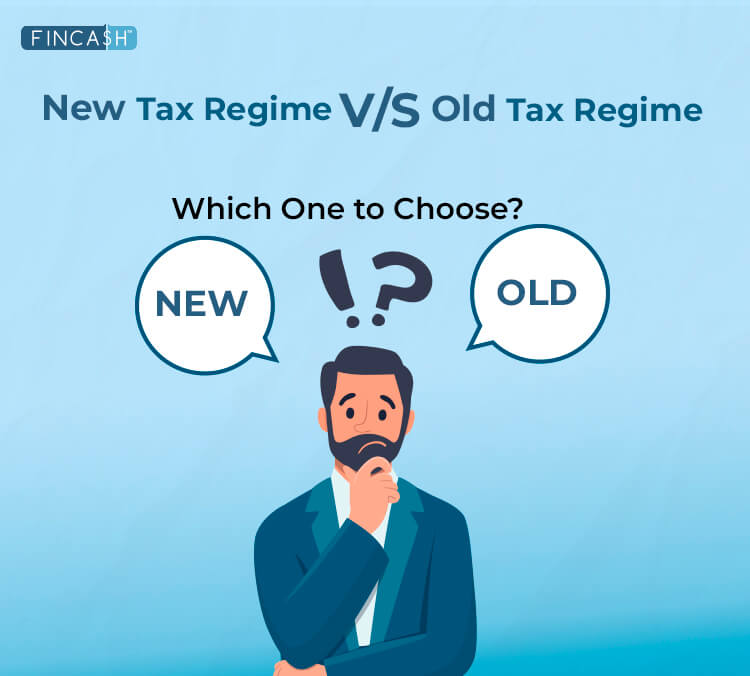
Table of Contents
Tax-Free Meaning
As per the tax-free meaning, it is explained as specific types of products and financial securities (like municipal Bonds) that remain exempt from tax. It also implies to the Earnings that do not get taxed.

The status of tax-free of the given goods, Income, and investments tend to incentivize business entities and individuals for increasing the overall Investing or spending. This results in effective Economic Stimulus. Tax-free is also known to go by the name as tax-exempt.
An Insight into Tax-free
Investments and purchases that tend to be tax-free are not known to incur the usual tax consequence of other investments or purchases. For example, tax-free weekends takes place in several places in which, once or more in a year, the respective store purchased do not get taxed. Therefore, it helps in reducing the overall costs to the customers. In frequent cases, the given Sales Tax holidays are known to occur before the commencement of schools during the fall for incentivizing the overall spending on clothes, school supplies, calculators, computers, and so more.
Governments are mostly required to offer a proper Tax Break to the investors who might be buying government bonds for ensuring that ample funding is made available for expenditure-related projects. Investments that tend to be tax-free –like municipal bonds that are tax-exempt, are known to enable the investors earn interest income on a tax-free Basis.
Tax-Equivalent Yield = Tax-Exempt Yield/(1 – Marginal Tax Rate)
Interest might only turn out to be tax free at the respective federal level. For instance, a resident from ABC city consider buying the local municipal bond. However, it is important to remember that the give tax laws tend to vary from one place to another. For instance, there are some places that tax interest on all forms of municipal bonds –even their own. On the other hand, there are jurisdictions that exempt interest from the respective Taxes only when the investor might be residing in the issuing state.
Talk to our investment specialist
As per the IRS or Internal Revenue Services, interest on the local or state government obligations could be tax-free even when the Obligation might not be any bond. For instance, interest on the debt evidenced by some standard written form of agreement of sale or purchase could be tax free. At the same time, interest that gets paid by the insurer as Default by the political or state subdivision could be exempted from the respective tax.
Mutual Funds that are known to combine the mix of municipal bonds and stocks will depict the portion of the total earnings that get derived from the bond that is tax-exempt under the guidelines of federal income tax. At the same time, it could also be potentially free from the respective state taxes based on the location of the origin of the bonds or the state of residence of the taxpayer.
All efforts have been made to ensure the information provided here is accurate. However, no guarantees are made regarding correctness of data. Please verify with scheme information document before making any investment.












